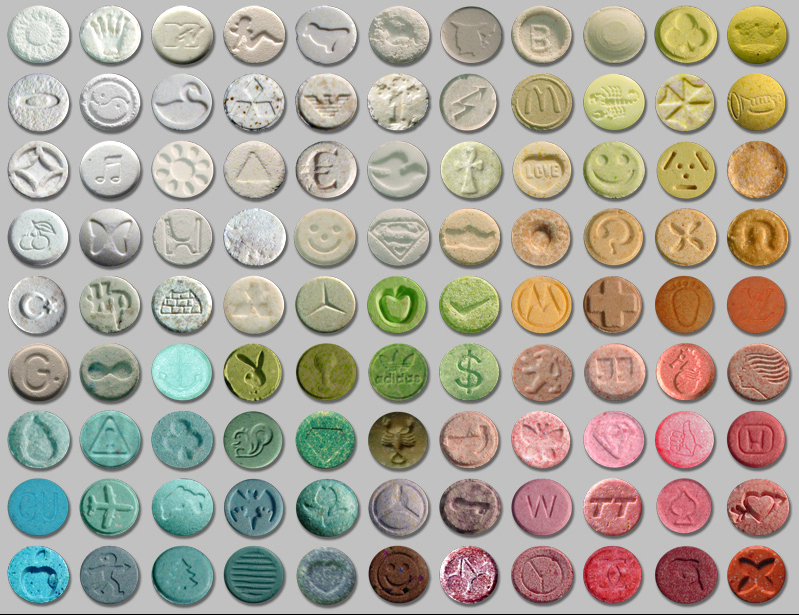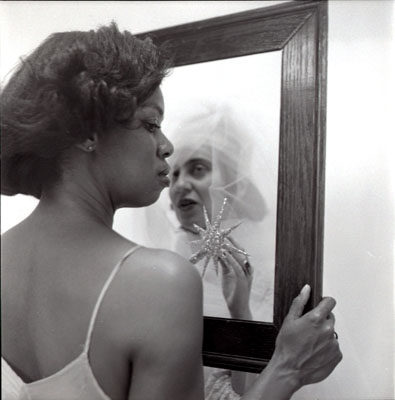The Queen serve many roles, it seems. She provides stability to the British government, fosters links with the ex-colonies, promotes tourism, serves a safe focus for nationalist sentiment, gives the nation a centralised way of taking care of various palaces, provides nationalised opportunities for neighbours to come together, warms that deep part of the human heart that admires leaders but disdains those that make hard choices, is a focal point for unity, tradition and precedent, a link to history… The list is long, and to some extent genuine: she does provide these services to the nation.
But say we’d sat down, without any knowledge of the monarchy, and looked at that long list of desires, included in a list of a million other things we’d want. Nobody would have said: “You know, thinking about it, for issues 137, 2220 and 3558b… Well, the most efficient way we could deal with these is to institute an unelected hereditary figurehead, passing down by primogeniture. Come to think about it, that would also help with issue 344c…” The monarchy is certainly not the best way of accomplishing all the tasks we want it to accomplish, is likely very far from the best way. But it is the way we currently do so, changing it would require a lot of effort, and it has adapted itself to work in practice, within our current society.
Which brings us to the problem of prediction.Read More »The Queen’s an anachronism: another problem with predicting the future


